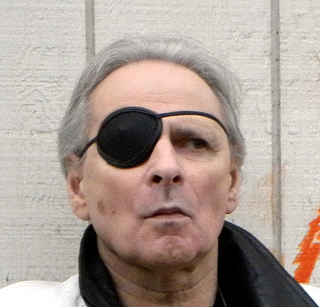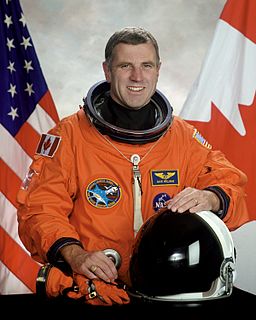A Quote by Molly Crabapple
I can't reasonably pretend to be a transparent and omniscient narrator who brings no personal perspective. That person doesn't exist.
Quote Topics
Related Quotes
If someone tells you that George Bush is not the 43rd president of the United States, they might be engaged in wishful thinking, or denial, but if they make that claim, it's either true or false! And you can assess that, regardless of whether there's an omniscient narrator, or an unreliable narrator, or it's shot in vérité, or it's manipulated, it's agitprop, whatever! It makes no difference! It's a style!
Early on, I settled on the first-person strategy as a way to deal with exposition and world-description issues. As long as the book is, it could have been far longer had I gone with an omniscient third-person narrator, or multiple point-of-view characters, since either of those would have enabled me to impart much more detailed information about the history and geography of the world.
I'm a strong believer in telling stories through a limited but very tight third person point of view. I have used other techniques during my career, like the first person or the omniscient view point, but I actually hate the omniscient viewpoint. None of us have an omniscient viewpoint; we are alone in the universe. We hear what we can hear... we are very limited. If a plane crashes behind you I would see it but you wouldn't. That's the way we perceive the world and I want to put my readers in the head of my characters.
It is difficult for me to imagine what “personal liberty” is enjoyed by an unemployed hungry person. True freedom can only be where there is no exploitation and oppression of one person by another; where there is not unemployment, and where a person is not living in fear of losing his job, his home and his bread. Only in such a society personal and any other freedom can exist for real and not on paper.
Almost all of the stories in The Matchmaker, the Apprentice, and the Football Fan are told in the first person, yet, depending on the angle and distance of the narrator, they exert different effects. The best are those in which the speaker never poses as an objective outsider. (...) Other stories are damaged by the urge to distance the narrator.








































